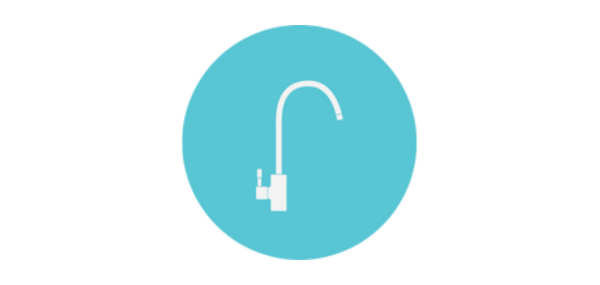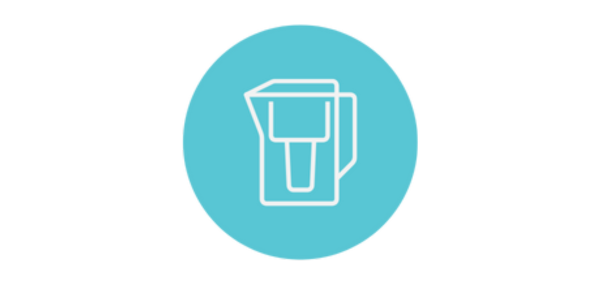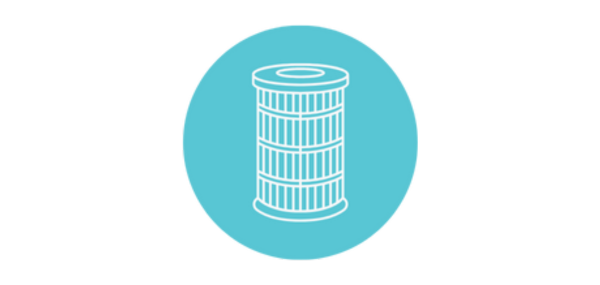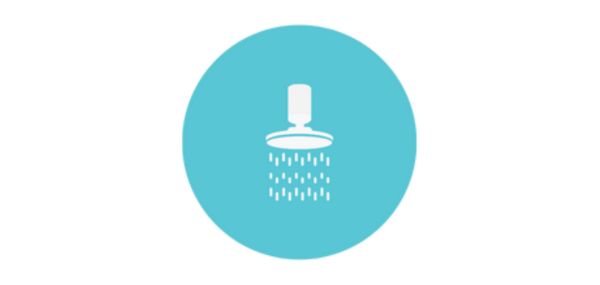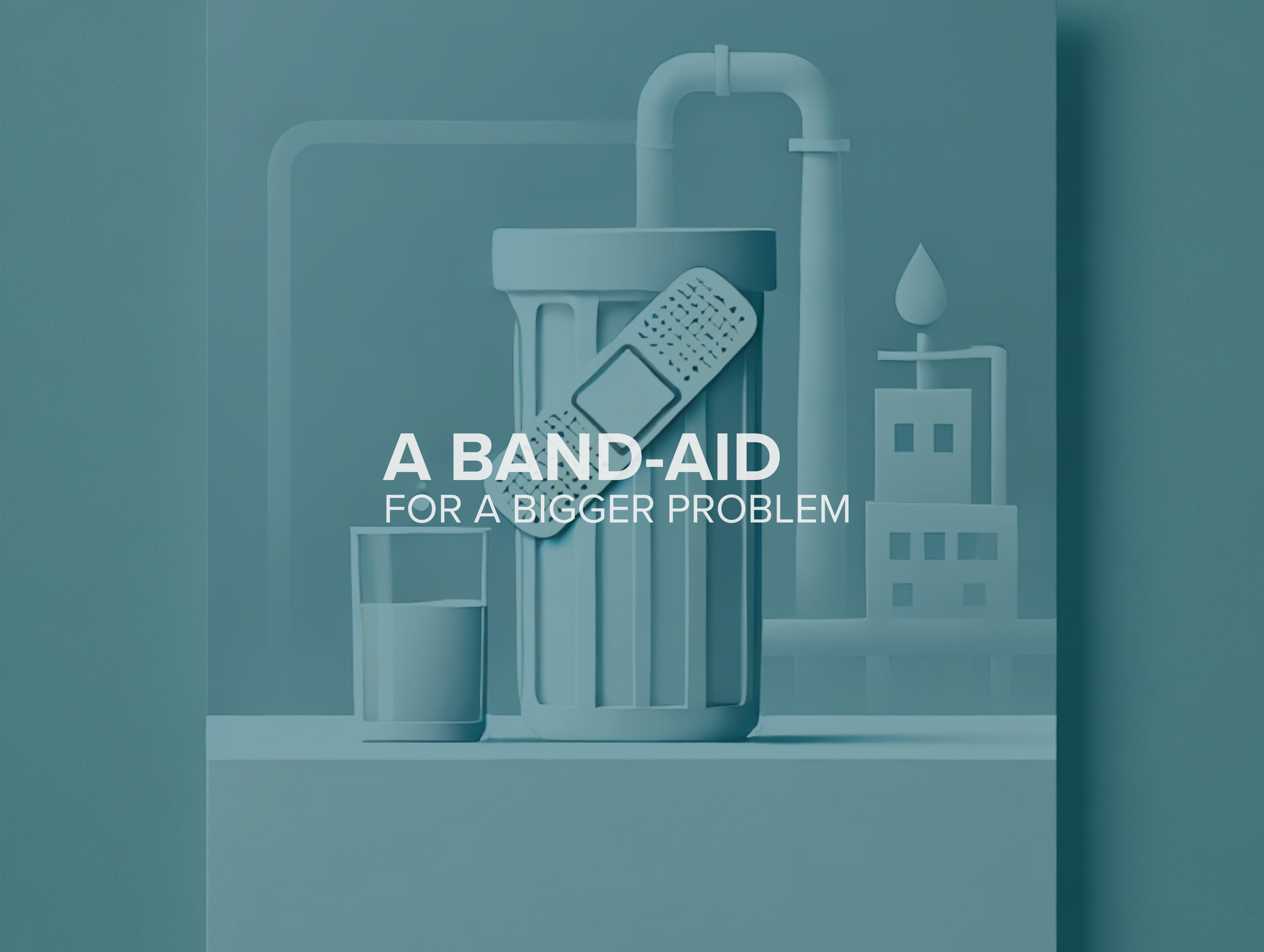

Beyond the Filter: What Water Pollution Is Really Telling Us
Water is life. It flows through rivers, lakes, and underground springs, nourishing the land and everything it touches. But what happens when that life-giving force becomes tainted—so much so that we need to filter it just to make it safe to drink?
The truth is, water filters are not the solution. They are the ambulance at the bottom of the cliff, treating symptoms instead of addressing causes. They exist because we have polluted the very thing that sustains us.
Water Mirrors Our Collective Choices
Water is more than just a resource—it’s a reflection of our collective choices. As the Earth’s universal solvent, water absorbs whatever it encounters: chemicals, plastics, waste, pesticides. And it carries those same pollutants into our bodies. If we can no longer safely drink from our rivers, the real question isn’t “what filter should I use?”—but “why is the water contaminated in the first place?”
Filters: A Band-Aid, Not a Cure
Yes, filters help. They remove chlorine, bacteria, heavy metals, even microplastics. But they’re a short-term fix, not a long-term answer. We should be asking:
Why do we need filters at all?
The answer is uncomfortable—because we’ve poisoned our water. We continue producing pollutants faster than we can remove them. And rather than slowing that down, we’ve normalized the idea of buying technology to clean up the mess.
The Data Speaks for Itself
Recent studies show just how far-reaching this crisis has become:
-
A 2021 Environmental Working Group report found over 2,300 sites in the U.S. contaminated with PFAS—synthetic “forever chemicals” that never break down and accumulate in our bodies.
-
A 2023 UN report identified industrial waste, agricultural runoff, and untreated sewage as the top contributors to global water contamination.
Yes, filtration can help reduce immediate health risks. But it’s like treating smoke instead of putting out the fire.
Water Pollution Is Personal
We often think of water contamination as an environmental issue—but it’s also a human health crisis. These pollutants don’t stay “out there.” They end up in our food, our homes, and our bodies.
And we all play a part. Every product we buy, every piece of packaging we discard, every chemical we use—it all flows somewhere.
And eventually, it flows into us.
Should Filters Be Banned? A Thought Experiment
Part of me wonders: what if filters didn’t exist?
What if we were all forced to drink directly from what nature (and industry) provides? Would we finally demand cleaner practices? Would we hold corporations accountable? Would we change how we live?
Of course, this idea is impractical—and unfair. Many communities rely on filters to survive. But it reveals the deep irony: we’ve created a world so polluted that filters are no longer optional. They’re essential. And that dependency should alarm us.
The Real Work: Prevention Over Treatment
We can’t filter our way out of this crisis.
If we want a future where everyone has access to safe, living water, we must shift our focus to prevention:
-
Reduce reliance on harmful chemicals.
-
Invest in sustainable agriculture and industry.
-
Support water-protecting policies and infrastructure.
-
Educate, advocate, and hold polluters accountable.
Filters might carry us through the present. But they cannot be the legacy we leave behind.
Water as a Reflection of Ourselves
Water has always symbolized purity, clarity, and life. Now, it also reveals the pollution of our inner and outer worlds. What we put into our environment—whether physical or energetic—comes back to us through the very water we drink.
Maybe those who live simply, off-grid, far from consumerist society, aren’t “crazy” after all. Maybe they’re the visionaries. They remind us of something we've lost: that to live in harmony with nature is to live in harmony with ourselves.
Returning to the Mission
Sometimes I fantasize about walking away—camping beside a pristine spring, far from the chaos, drinking from the Earth as it was meant to be. But then I remember my mission:
To help others rediscover their connection to water.
To raise awareness, offer tools for healing, and remind people that this isn't how it has to be.
Yes, filters are part of that journey. But the end goal isn’t filtered water—it’s clean water, everywhere, for everyone.
Water Reflects How We Live
Our relationship with water reflects how we live, how we consume, and how we care—for the planet and for ourselves. It’s time to restore that relationship.
Not through guilt.
Not through blame.
But through conscious action, courageous choices, and collective care.
Let’s stop just filtering the water.
Let’s protect it—at the source.


